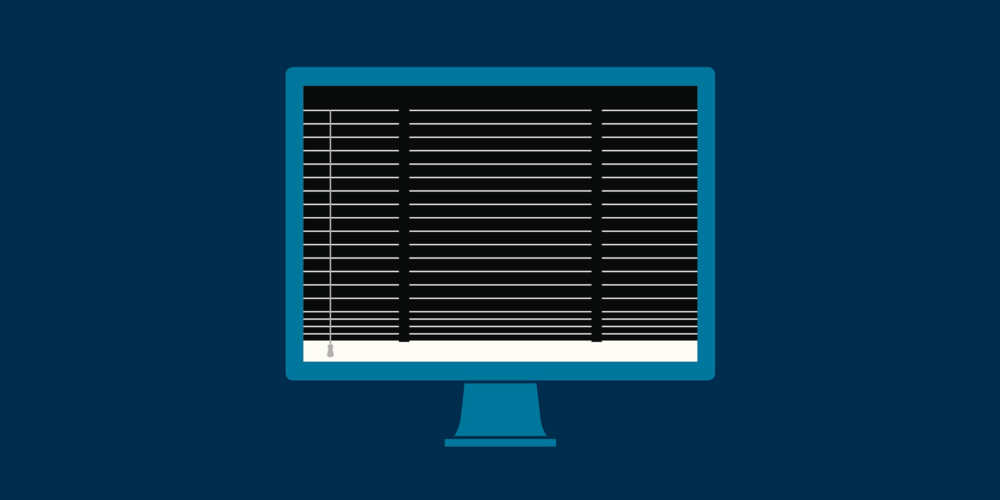Safe Surfing in the Darknet: 8 Essential Tips
Good morning, everyone! This is Pavluu. Recently, I came across an article titled “How to Avoid Malicious Sites on the Darknet.” The title sounded promising, but the content was disappointing. The article, originally from a reputable source (darkwebnews.com), offered basic advice like “install antivirus software” and “don’t download archives.” Honestly, that’s laughable. Hello! We’re talking about the darknet here! Are you with us?
This inspired me to write my own guide for safe surfing (and more) on the darknet. Of course, this guide will probably be copied a thousand times elsewhere, but it doesn’t matter. You know who wrote it! So, let’s get started!
The darknet is a place where you’ll find spammers, scammers, hackers, carders, and all sorts of shady characters. When you’re surrounded by such tech-savvy people, you should expect surprises: from fake versions of popular sites to forced downloads of malicious software.
How can you avoid these dangers? Here are 8 simple practices from Pavluu to help keep your computer and data safe, and avoid getting scammed on the darknet.
- Don’t open emails from unknown senders, especially those with attachments.Short links, attachments, or any suspicious requests for your personal information should be treated with caution. Even if the message comes through TorBox or another secure service, it doesn’t matter—mark it as spam and delete it. The same goes for private messages on forums.
- Be careful when reading comments on underground forums.Think twice before clicking any links in comments. Read what others are saying below—does it seem safe? Also, be aware of which site you’re on. If it’s a well-known, reputable forum, you might take the risk, but it’s still better not to. Watch out for links offering:
- Free giveaways
- Leaked schemes
- Manuals, guides, and similar content
- Software
Pay attention to the section where the comment is posted. If you’re in a “Useful Software” section and someone is sharing links to schemes, and moderators allow it, steer clear. Also, check the file hosting services used in the links if you decide to click.
- If you plan to buy something, make sure you’re on the original forum.There are many fake versions of popular darknet marketplaces, especially those selling illegal substances. For example, Hydra has many fakes, and you should only get mirror links from their official Telegram channel. Remember RAMP 2.0? If you registered there, you probably already know it was a scam, and the site’s code even had a script collecting all user logins and passwords. Still there? Be careful!
- Always use an escrow service for any transaction.If you want to buy something and are worried about being scammed, look for an escrow service (guarantor) on the same forum where you’re making the purchase. If you can’t find one, use a top-rated one from well-known forums like wwh-club, dublikat, blackforum, and others. Any escrow should have a solid reputation and a deposit on the forum. Any shop or service that refuses to use an escrow is 100% a scam. And yes, the escrow fee (usually 5-10% of the deal) is your responsibility.
- Never use standard search engines to find .onion sites.Searching Google for “Hydra, buy…” is a bad idea. You’ll end up on fake sites that will steal your data and drain your marketplace wallets. Instead, use reliable .onion site aggregators available on the clearnet:
- https://thehiddenwiki.org/
- https://darkach.com
- godnotaba – the link isn’t working right now, but you can try the .onion version: http://godnotabatovgyqz.onion/
Just use these resources.
- Use some form of internet security software.This is more relevant for the clearnet, but it’s still worth noting. Install basic protection to shield yourself from phishing sites and other scams that are already known and listed in antivirus databases.
- Avoid any offers to install a “video player,” “extension,” “special project software,” or similar junk.Tor usually won’t let you install or download scam software easily, but if you’re determined, you might still get tricked. Don’t take the risk.
- Never provide your personal information.Most modern underground forums don’t require an email to register. If they do, use a fake email or register one through a Tor-based service like TorBox. Linking your social media in the darknet? Are you crazy? Delete Tor and go back to FacebookFacebook launched an official Tor mirror in 2014, becoming the first major tech company to provide direct access through onion routing. The mirror allows users to bypass censorship, secure their connections, and avoid phishing risks while using the platform. This step also underscored Facebook’s recognition of free expression and inspired other outlets like the BBC and ProPublica to create their own Tor versions. More!
Also, make sure to read the article on how NOT to use Tor Browser. It’s a must-read for anyone surfing the darknet.
I hope these simple practices help you avoid getting scammed or hacked. Good luck surfing! Remember where you’re going!
Pavluu



